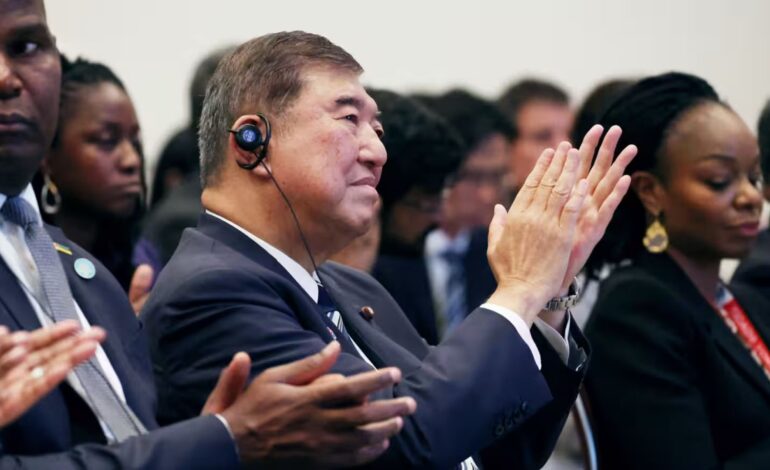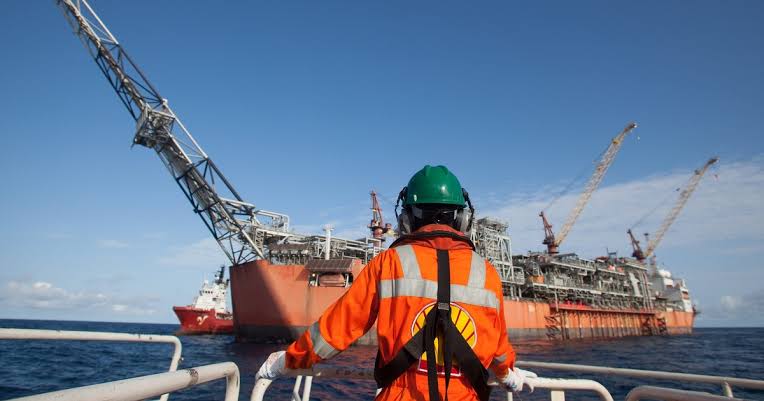
Faith Nyasuguta
Namibia’s bold plan to join Africa’s oil-producing nations by 2030 has hit an unexpected pause. The Namibian Ports Authority (Namport) has called off a key step in the development of an oil and gas supply base at Luderitz, the country’s southern harbor town. The project was meant to anchor Namibia’s oil ambitions, but concerns over the project’s scope and environmental reviews have forced officials to slow down.
Namport recently launched a pre-qualification process inviting proposals to build and operate the Luderitz facility. However, the tender was abruptly withdrawn just days later. Chief Executive Officer Andrew Kanime explained that the cancellation followed public and stakeholder concerns, including the fact that environmental and heritage assessments were still in progress. “This setback will have an impact on set timelines for the project, but there is nothing we can do. The project will continue, I just can’t confirm when the bid will be advertised again,” Kanime said.
The decision has significant implications for Namibia’s oil and gas hopes. In 2022, multinational giants TotalEnergies and Shell made massive offshore discoveries in the Orange Basin, catapulting Namibia onto the global energy map.
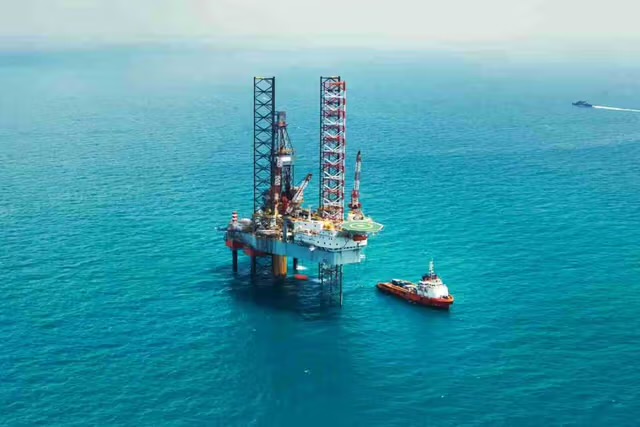
Early estimates suggest reserves of up to 2.6 billion barrels, making the country one of Africa’s most promising energy frontiers. Oil majors and exploration firms continue to explore aggressively, with more wells planned for Namibian waters. Yet, without upgraded infrastructure – particularly ports – production goals will be hard to meet.
Luderitz is at the center of this challenge. Unlike Walvis Bay, Namibia’s main port, Luderitz is much closer to the offshore oil fields, cutting travel distance and costs for supply ships. Industry experts have described it as the logical hub for future oil operations. But the port is already stretched thin, handling fishing, mining, and shipping activity at full capacity. Plans to expand it through the Robert Harbour project are ambitious, with proposals for a 500-meter quay wall, reclaimed land, and new berths. The price tag: around N$4 billion.
Even with the expansion plan, obstacles remain. The site earmarked for construction overlaps with Shark Island, a location scarred by Namibia’s colonial history. Shark Island once housed a German concentration camp during the early 20th century, where many people died. Traditional leaders and community groups have expressed concern that new port facilities could disturb burial grounds and erase heritage sites.
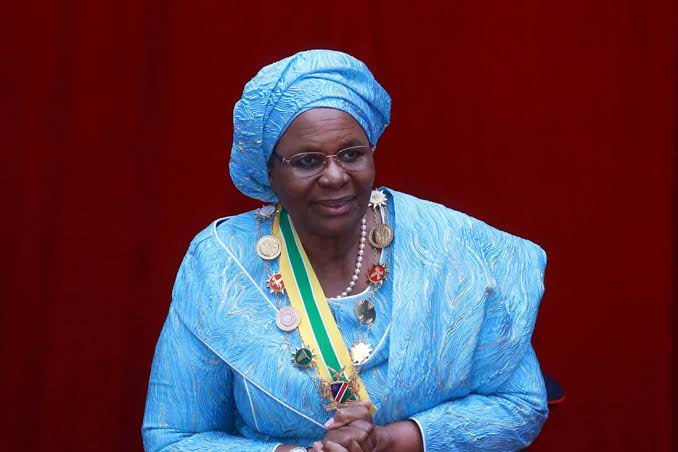
Namport has acknowledged these sensitivities, noting that both environmental licenses and heritage impact assessments must be completed before construction can proceed.
The delay is also a reminder of how fragile Namibia’s energy timetable is. The country has not yet produced a single barrel of oil, and while commercial production is targeted for 2030, the pathway depends heavily on infrastructure. Without functioning supply bases, berths, and logistical support, even the most promising oil discoveries could remain stranded.
At the same time, Namibia faces parallel challenges in its broader energy sector. The much-touted Kudu gas-to-power project, which was expected to supply electricity domestically and regionally, has pushed its final investment decision due to cost and technical issues. These delays highlight the balancing act Namibia must perform – attracting investment, respecting environmental and historical concerns, and building infrastructure fast enough to keep up with global oil companies.
Still, not all momentum is lost. Baker Hughes has already begun building Namibia’s first liquid mud plant and service base at Walvis Bay. This facility will help ease congestion and provide direct support to offshore drilling. Meanwhile, growing interest in renewable energy, particularly green hydrogen projects in the southern region, suggests Namibia is hedging its bets by investing beyond oil.
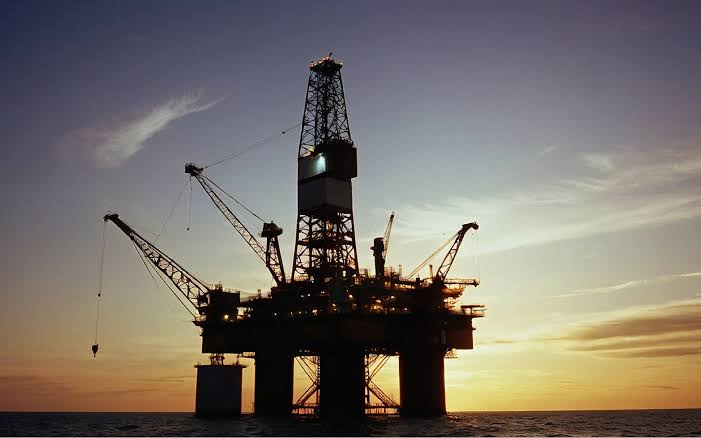
For now, the pause at Luderitz shows that Namibia’s road to oil wealth is far from smooth. The dream of producing oil by 2030 is alive, but it will depend on how quickly the country can resolve disputes, secure approvals, and deliver the infrastructure needed to turn potential into production.
RELATED:







